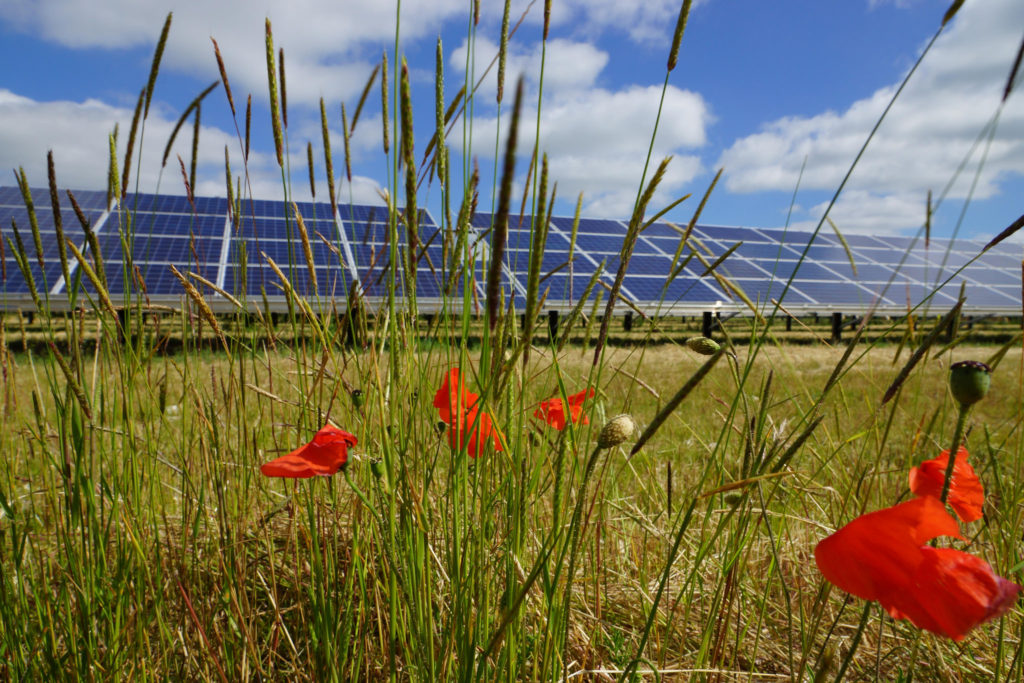Virginia has been adding more and more solar energy farm along southern Virginia, and some counties are beginning to feel overwhelmed.
Last week, the first release of the Virginia Solar Survey documented how Virginia’s solar energy output more than doubled from 2020 to 2021. University of Virginia energy economist Bill Shobe, recently quoted on WVTF-FM, points out that Virginia was fourth in the nation last year in installing solar, and has even generated “more electricity from the sun than from coal in 2021.”
This boom in energy has gone hand in hand with an increased number of solar farms, mostly concentrated in Central and Southside Virginia. Over the last six years, Virginia has seen more than 50 utility-scale solar facilities start generating power. Over the same period, the state added 23,000 distributed solar installations, such as the arrays of panels seen on building rooftops. The increased number of solar farms have begun to led some jurisdictions beginning to resist solar, for various reasons.
Some localities, such as Nottoway, Page and Shenandoah, have enacted moratoriums on all solar farm proposals. Augusta and Mecklenburg have restricted the size of utility-scale solar and Bedford simply killed a proposed ordinance that would set up rules for solar. As Cardinal News reports, many of these counties see solar farms as industrial facilities that are simply incompatible with the community’s rural character.
Others object to how the land being used for solar farms is being used, concerned that it is taking up prime farmland. Del. Michael Webert, R-Fauquier County enacted HB 206, which requires anyone applying for a permit for a small renewable energy project to submit a mitigation plan if the project would “disturb more than 10 acres of prime agricultural soils or 50 acres of contiguous forest lands, or if it would disturb forest lands enrolled in a program for forestry preservation.”
The authors of the survey said say the benefits outweigh the negatives, however they wanted to better understand how prepared localities are to deal with the influx of solar, and what their concerns are. According to Bacons Rebellion, there are opportunities to benefit both parties concerned that the solar farms are taking up farmland. Requiring solar farm operators to put in plants such as milkweed, which are the sole food source for monarch caterpillars, and other pollinators would be greatly beneficial to the localities, including farmers.
With Virginia’s steady push into using renewable resources, remembering that too much too soon may have the opposite effect and push people away from embracing solar power.

